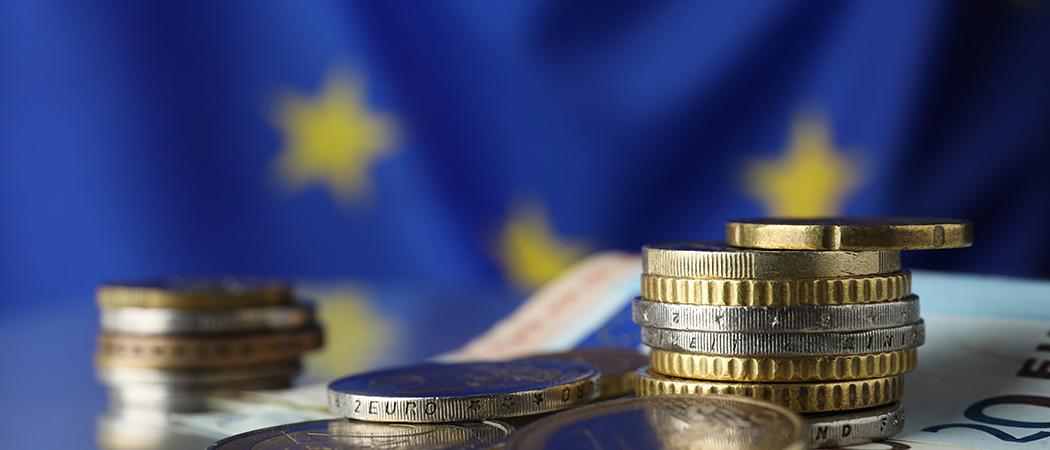Next year’s budget proposed by the European Commission this week foresees an increase of €100M for the research and innovation programme

Horizon Europe’s budget for next year should round off to €12.3 billion for Horizon Europe, a €100 million increase compared to the 2022 proposal. This sum will be topped up by an extra €1.8 billion in grants from the EU recovery fund, NextGenerationEU, according to the European Commission’s latest proposal.
Of the total, around €2.1 billion would be invested in frontier research through the European Research Council, another €1.6 billion would go to start-ups and innovators funded by the European Innovation Council, and big collaborative projects in health, digital and climate clusters would have a budget of around €1 billion each.
In addition, the defence research fund, EDF, would get €626 million, while for learning and education mobility under Erasmus+ the Commission proposed a budget of €3.5 billion.
The Commission has also proposed to route €400 million back into Horizon Europe to compensate for moving money from Horizon’s digital research cluster into the Digital Europe programme. That will be fed back in annual tranches until 2027, with the first one being scheduled by the Commission to be paid in 2023.
In addition, the Commission says the adjustments needed for the 2023 budget proposal will have spillover effects for the 2024-2027 period. The digital, industry and space cluster of Horizon Europe will be cut by €80 million between 2024 and 2027 to cover for the funding needed to support the Commission’s flagship initiative in semiconductors, the EU Chips Act.
At the same time there will be €50 million more for the climate, energy and mobility cluster in 2024. “This rebalancing is intended to compensate the frontloading of the Clean Hydrogen envelope by €50 million in 2023,” the proposal says.
The Commission’s budget proposal foresees a decrease of €258 million for the European Space Programme between 2024 and 2027.
The budget proposal will now land in the hands of the member states and the European Parliament, which will negotiate the final numbers by the end of year. During the negotiations for this year’s budget, the Parliament and the Council got into a heated debate over the research budget and the ability to use unspent money from Horizon Europe’s predecessor to fund additional research and innovation.
In the 2023 proposal, the Commission suggests it could make available a total of €78.8 million in unspent money for the digital, climate and culture clusters in Horizon Europe.
Thomas Estermann, director of policy and governance at the European University Association said the slight increase in the budget is a positive sign, but Horizon Europe will reach its peak by 2025 and spending could have been boosted even more in 2023 so the programme can gain speed. “You could say the efforts could have been increased [for 2023],” said Estermann.
Research stakeholders, but also leading MEPs, have long complained about the Commission’s habit of moving money around to cover its burgeoning priorities in advanced technologies like hydrogen and semiconductors, which is putting pressure on the Horizon Europe budget.
In addition, budget allocations have become rather complex making it difficult for non-experts to understand how much money will actually end up being spent on research. “A more transparent and more straightforward presentation would be helpful for society at large,” said Estermann.
“All actors still need to make the case that investment in research and innovation is not the area to take money out or shift it to other areas,” he said.





 A unique international forum for public research organisations and companies to connect their external engagement with strategic interests around their R&D system.
A unique international forum for public research organisations and companies to connect their external engagement with strategic interests around their R&D system.